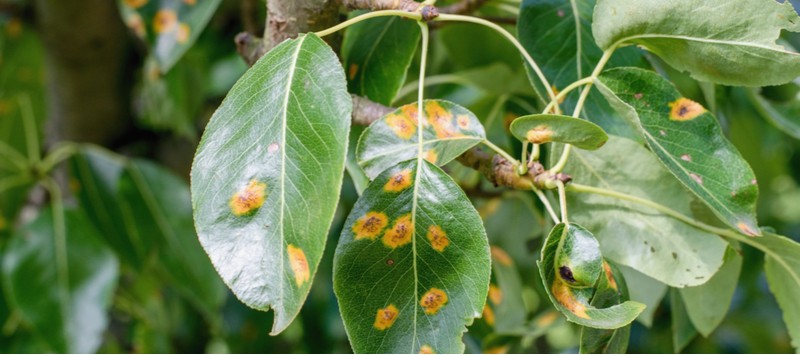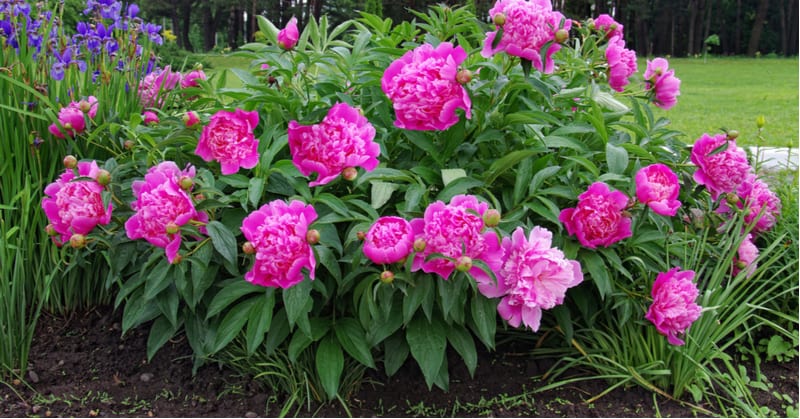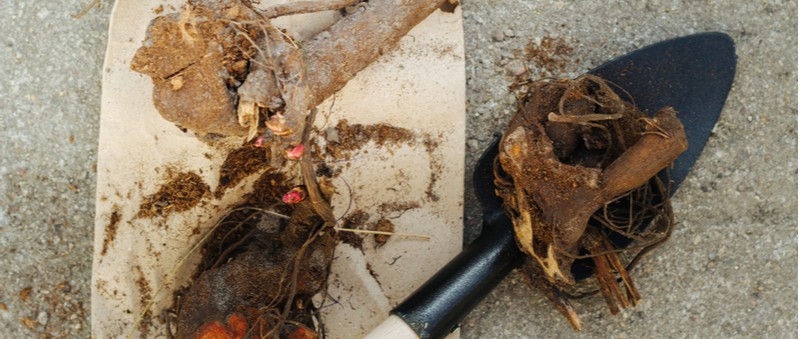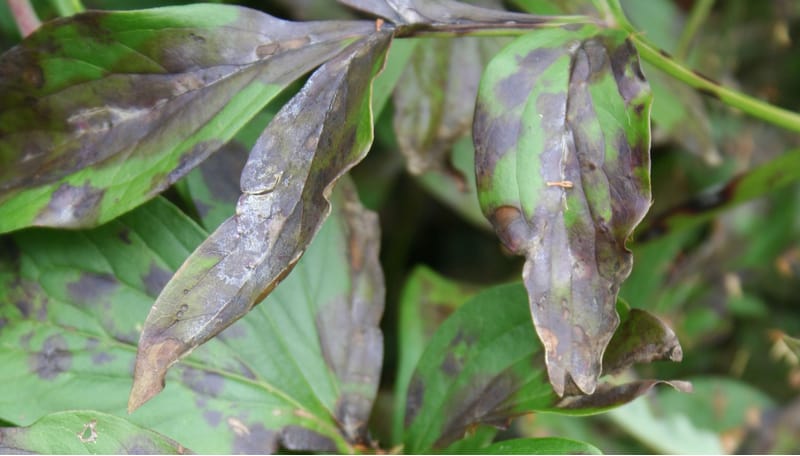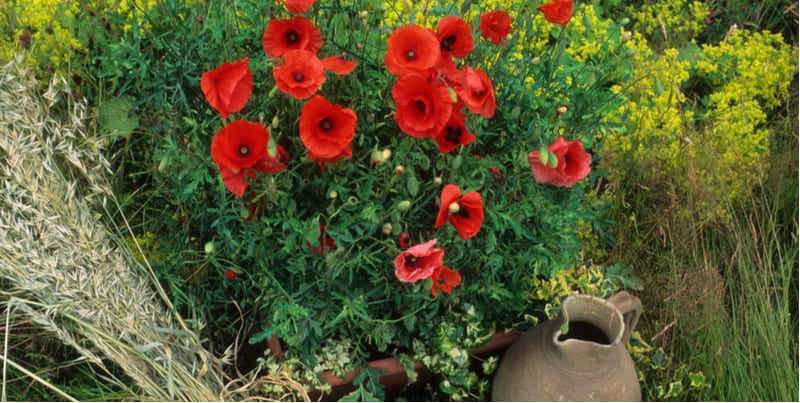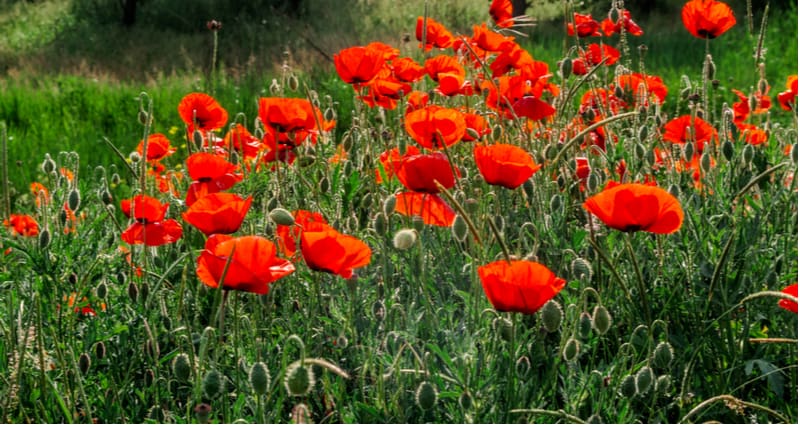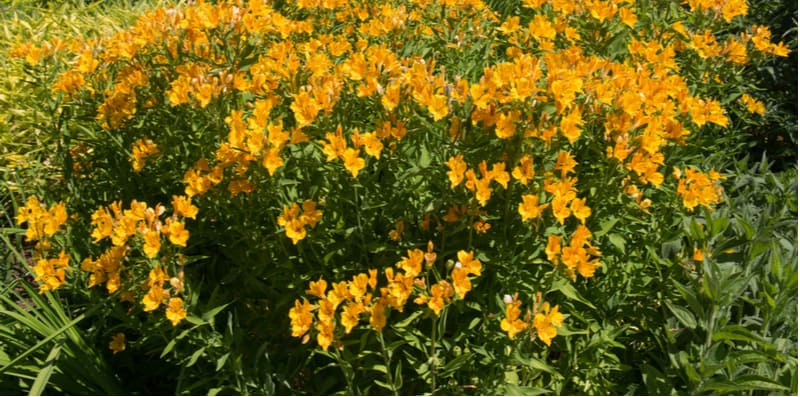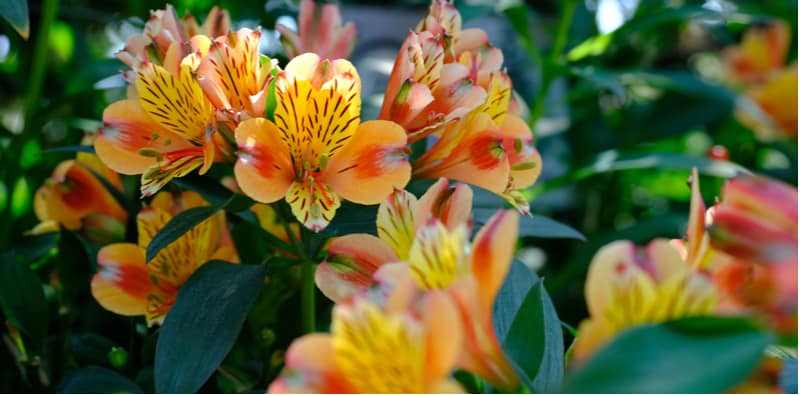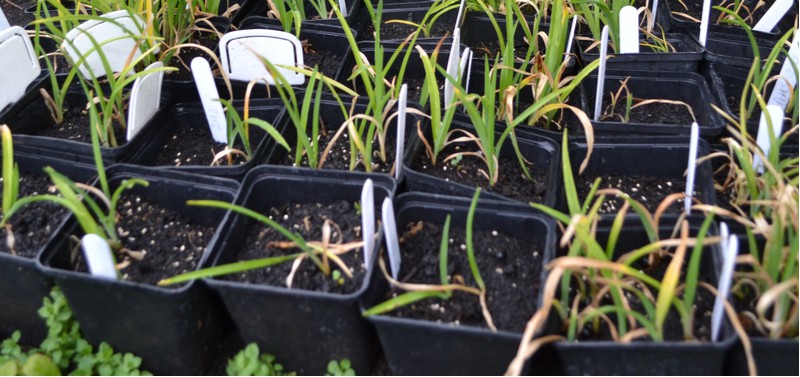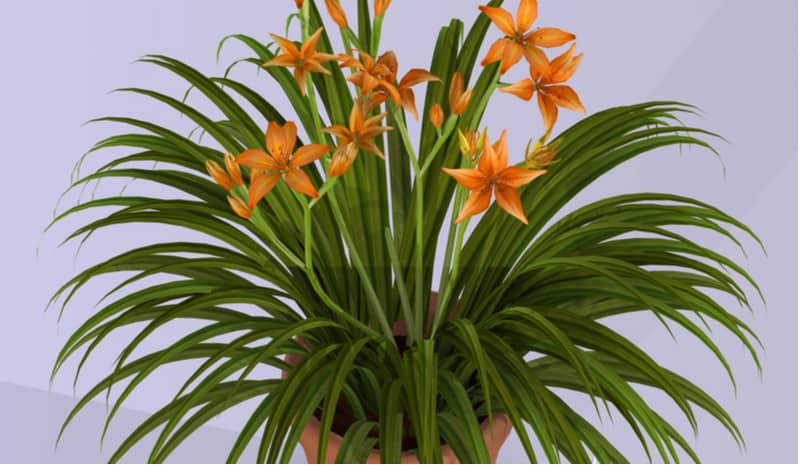Rust is one of the most common fungal diseases for any garden plant. Whether you have vegetables, fruit, grasses, herbaceous plants, trees, or shrubs, they are susceptible to rust, especially roses. Rust is often very unsightly and typically reduces plant health. In the most extreme cases, they can kill your plant, but this is fairly rare. Rust is a kind of fungal disease and the most commonly affects the leaves on your plant, however, occasionally…
The Peony is a beautiful and stunning garden plant but it is particularly finicky about the growing conditions it receives. It needs the sun with a little bit of chill, it doesn’t want to be buried too deeply in the ground, and if you don’t give it the perfect growing conditions, you won’t get the perfect flowers. Sometimes people who grow Peonies in their garden don’t get any flower buds or flowers at all, and…
Peonies are the perfect plants for people who are busy because they don’t need a lot of attention and they live for many years with very little maintenance. However, there might come a time when for the sake of space or simply to help out a mature plant you need to divide and move your Peony. If your Peony is too large for the position in which it was originally planted, you simply want to…
Peony wilt caused by Botrytis paeoniae If you have problems with your Peony leaves, you’ve noticed they’re wilting and the buds are dying prior to opening up to display the stunning flowers they are well known for, it’s most likely Peony wilt. This is a fungal infection caused by a disease called Botrytis paeoniae. This is an infection that targets the leaves and stems of Peonies. It’s a fungal infection that’s very closely related to…
Even if you don’t have the space to accommodate a very large flower bed, you can still successfully grow Poppies using pots and containers, although we do prefer to grow Poppies in the ground as our first choice. Poppies will provide you with a colourful display of flowers that might look delicate, but rest assured the plant itself is not. Growing Poppies in pots and containers are the perfect solution for anyone that has a…
Poppy is a very common name for the plants that fall under the genus Papaver. Poppies can come in many forms including annuals, biennials, and perennials. They have summer flowers that don’t usually last very long, but they’re big and beautiful and make a wonderful display for May and June when they appear. You can even find larger, orientale styles that have hairy foliage with ruffled, crimped, even shaggy design flower petals. These are very…
Alstroemerias are tuberous perennials that make wonderful additions to border gardens and, once they are established they can be cut and added to floral arrangements. They are free-flowering and give you a range of colourful flowers from June until the first frosts. Commonly referred to as the Peruvian Lily, they reach an ultimate height between 15cm and one metre depending on the variety and a spread between 45cm and 75cm. They do well in sunny…
Because it is a perennial you want to make sure that you are dividing your Alstroemeria properly and more importantly at the right time of year. When to divide – April is the optimum time These plants can be divided successfully almost anytime throughout the year, as long as you keep them well watered after the division. However, it will be most successful if you divide your Alstroemeria when it’s not actively growing. If you…
Daylilies are among some of the most popular perennials for any garden. They are very versatile, easy to grow, and they produce flowers that, as the name suggests, bloom for just one day. However, they are significantly floriferous so you don’t have to worry about only enjoying a single flower once. Healthy plants will give you a multitude of flowers throughout the growing season. For UK gardeners the Daylily is particularly enticing because of its…
Daylilies are also known as Hemerocallis and they are a great plant to grow in the UK, particularly because of their versatility and ability to withstand a range of growing and soil conditions. They can tolerate a lot of weather fluctuations that UK gardens have to contend with on a regular basis, but more importantly, you can grow them in containers. Container-grown Daylilies will work very well as long as you have the proper drainage…

